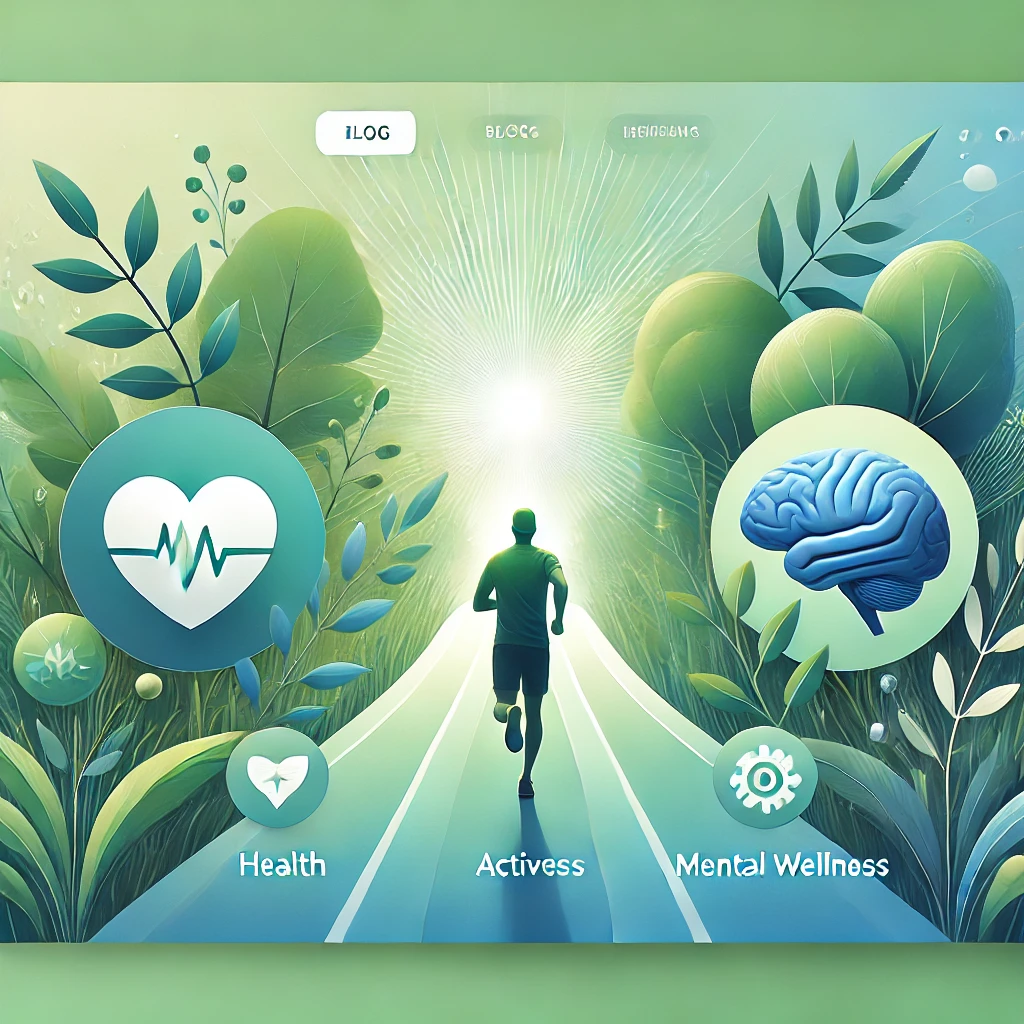Emily, a 35-year-old graphic designer, had always struggled with anxiety and bouts of depression. Between tight deadlines and her habit of staying glued to her desk for hours, she felt trapped in a cycle of exhaustion and negativity. One day, a friend suggested joining a local yoga class. Hesitant but desperate for a change, Emily gave it a try. A few weeks into her new routine, Emily noticed subtle shifts. Her mind felt clearer, her mood lighter, and she began to sleep better at night. The link between her physical activity and improved mental health became undeniable, and she’s never looked back.
The Science Behind the Connection
The connection between physical activity and mental wellness is not just anecdotal; it’s backed by science. Exercise stimulates the release of endorphins, often called "feel-good" hormones, which naturally improve mood and reduce stress. Moreover, physical activity increases levels of brain-derived neurotrophic factor (BDNF), a protein that supports the growth and survival of brain cells, especially in areas linked to learning and memory.Benefits of Exercise on Mental Health
- Reduces Symptoms of Anxiety and Depression:
- Regular physical activity has been shown to decrease symptoms of anxiety and depression. Activities like running, swimming, or even brisk walking trigger chemical changes in the brain that combat stress and elevate mood.
- Enhances Sleep Quality:
- Poor sleep often exacerbates mental health issues. Exercise helps regulate your body’s internal clock, promoting deeper, more restorative sleep cycles.
- Boosts Self-Esteem:
- Meeting fitness goals, no matter how small, fosters a sense of accomplishment and builds self-confidence.
- Improves Cognitive Function:
- Regular exercise can sharpen memory, improve focus, and even reduce the risk of cognitive decline in older adults.
Types of Exercises and Their Benefits
- Aerobic Exercise: Activities like cycling, jogging, or swimming are excellent for releasing endorphins and reducing stress.
- Strength Training: Lifting weights or engaging in resistance exercises can boost self-esteem and improve sleep quality.
- Yoga and Pilates: These low-impact exercises focus on mindfulness, flexibility, and controlled breathing, which are especially effective for reducing anxiety.
- Team Sports: Participating in sports encourages social interaction, which is vital for combating loneliness and fostering a sense of community.
Tips to Get Started
- Set Realistic Goals:
- Start small, such as a 15-minute walk daily, and gradually increase your activity level.
- Find Activities You Enjoy:
- Experiment with different exercises until you find something you love, whether it’s dancing, hiking, or swimming.
- Create a Routine:
- Schedule your workouts at the same time each day to build a habit.
- Listen to Your Body:
- It’s okay to rest. Exercise should be enjoyable, not a source of stress.
A Brighter Future
Like Emily, countless others have discovered that exercise is a powerful tool for enhancing mental well-being. Whether you’re battling anxiety, struggling with low self-esteem, or simply seeking a mood boost, incorporating physical activity into your daily routine can lead to transformative results. Start today—your mind and body will thank you.References
- Mead, G. E., Morley, W., Campbell, P., Greig, C. A., McMurdo, M., & Lawlor, D. A. (2009). Exercise for depression. Cochrane Database of Systematic Reviews, (3).
- Schuch, F. B., Vancampfort, D., Firth, J., Rosenbaum, S., Mugisha, J., Hallgren, M., ... & Stubbs, B. (2018). Physical activity and incident depression: a meta-analysis of prospective cohort studies. American Journal of Psychiatry, 175(7).
- Biddle, S. J. H., & Asare, M. (2011). Physical activity and mental health in children and adolescents: a review of reviews. British Journal of Sports Medicine, 45(11).
- Pedersen, B. K., & Saltin, B. (2015). Exercise as medicine – evidence for prescribing exercise as therapy in 26 different chronic diseases. Scandinavian Journal of Medicine & Science in Sports, 25(S3).
- Hillman, C. H., Erickson, K. I., & Kramer, A. F. (2008). Be smart, exercise your heart: exercise effects on brain and cognition. Nature Reviews Neuroscience, 9(1).
